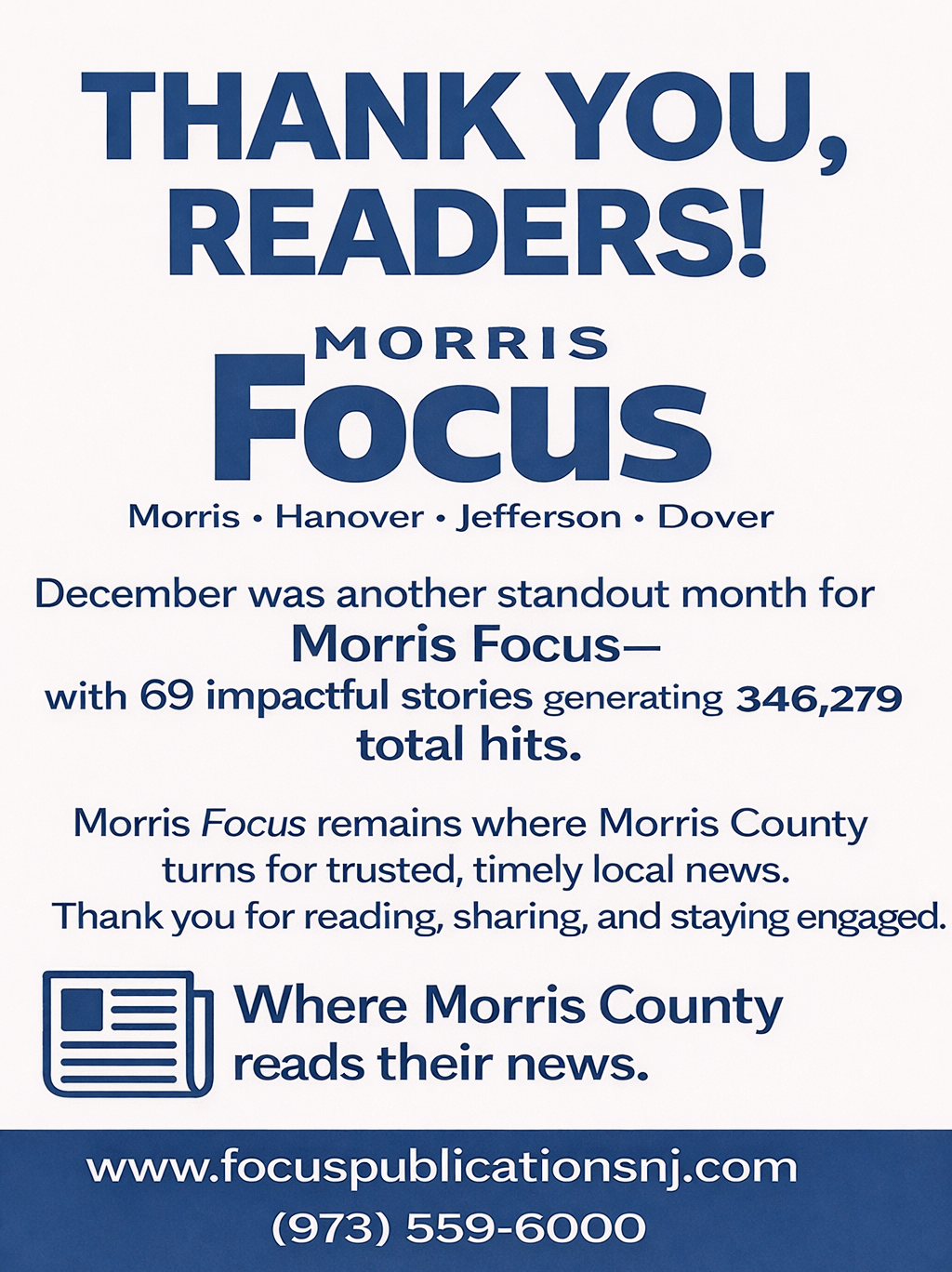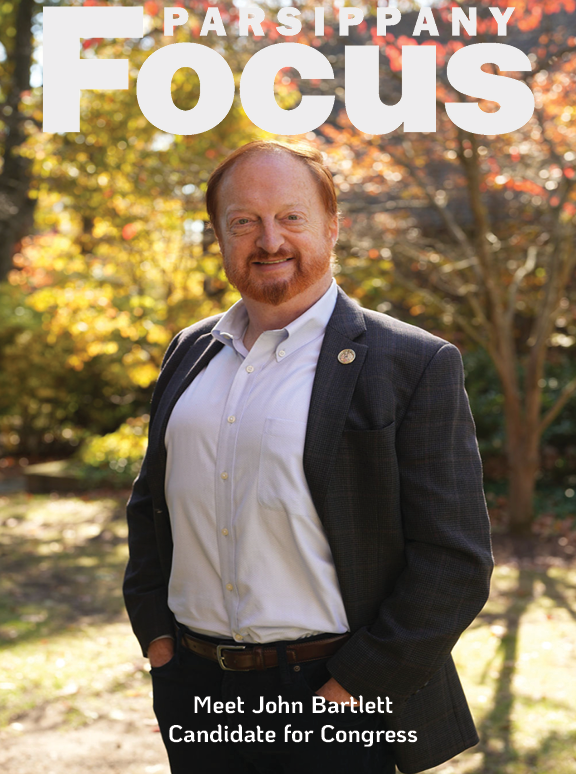MORRIS COUNTY — Senator Joe Pennacchio commended the State Auditor’s office after the release of the annual audit plan for 2020 revealed a pending review of the Garden State Film and Digital Media Jobs Act.
“The film tax credit is a significant expenditure of taxpayer money that demands scrutiny,” said Pennacchio (R-26). “The auditor has limited resources and a heavy workload. I want to thank him for listening to us and am pleased he made the commitment to review the costly program in the new year.”
Pennacchio first called for an audit of the $425 million Garden State Film Tax Credit program in July 2018.
“We cannot afford to waste any more money on incentives that are not producing a worthwhile return on investment for the people we serve,” Pennacchio said in a letter to the auditor seeking a comprehensive analysis of the incentive plan.
The audit is more crucial now, Pennacchio said, after a recent published report indicated that the New Jersey Economic Development Authority has approved more than $50 million in film tax credits. According to the report, the program may be extended through 2028 and the taxpayer money allotted for credits could be increased.
“The film tax credits come at a tremendous cost to New Jersey taxpayers. We need to understand how the money is being used and whether it is an effective expense,” Pennacchio said. “It would be irresponsible to commit one dollar more of taxpayer money to lure film crews to our state without a thorough evaluation of the fiscal impact and lasting benefits for New Jersey families. The auditors’ review will help answer some important questions.”
Pennacchio noted that a recent survey conducted by the University of Southern California’s Sol Price School of Policy found the film tax credit programs in Connecticut, New York and three other states have failed to deliver any significant job growth or economic gains.
“The only people benefiting from these programs are the Hollywood elites,” said Pennacchio. “The state may be giving away free stuff to the filmmakers without reaping any long-lasting economic benefits in the areas where they are filming.”
A published report about the USC study said film incentives have cost taxpayers in the five states a total of nearly $10 billion since their programs were enacted.
“Here in New Jersey, where families are crushed by the highest taxes in the nation, we cannot afford to waste hundreds of millions of dollars on incentive plans that don’t deliver as promised,” said Pennacchio. “I look forward to the results of this audit and ensuring the film tax credits aren’t a box office bust for taxpayers.”














